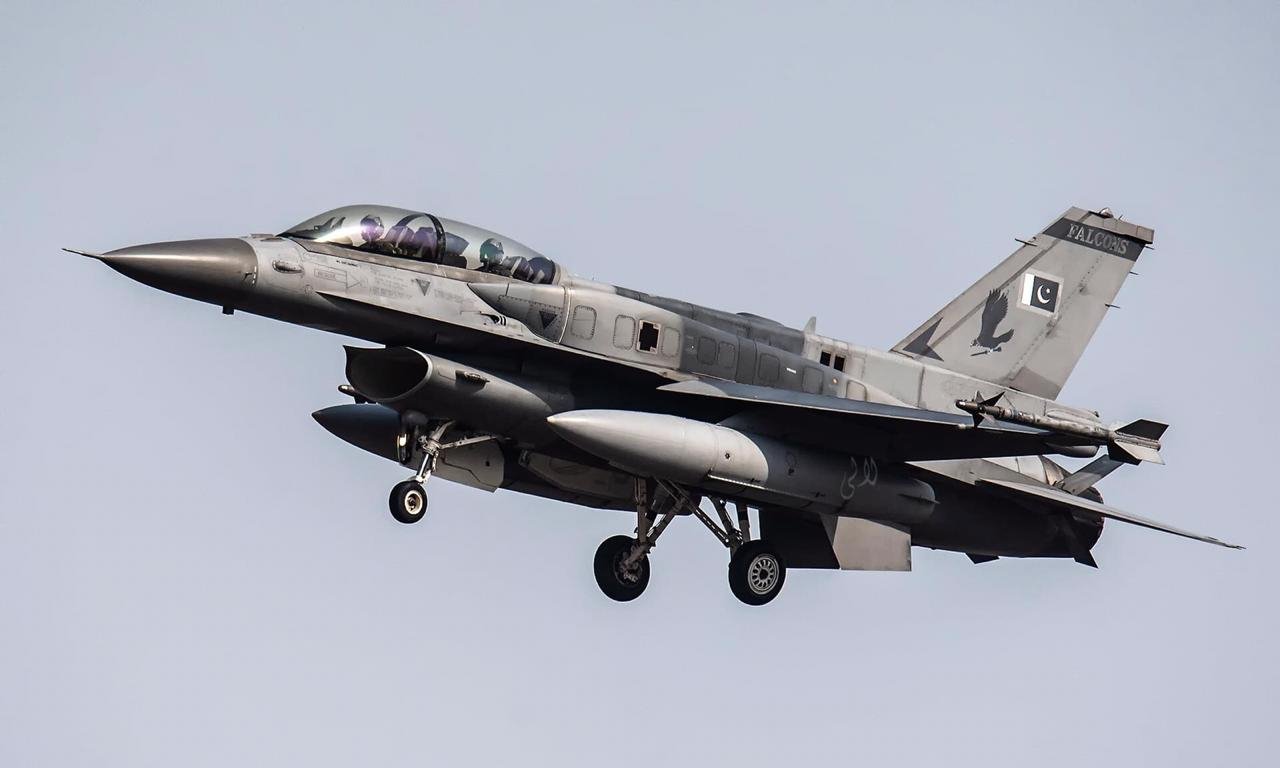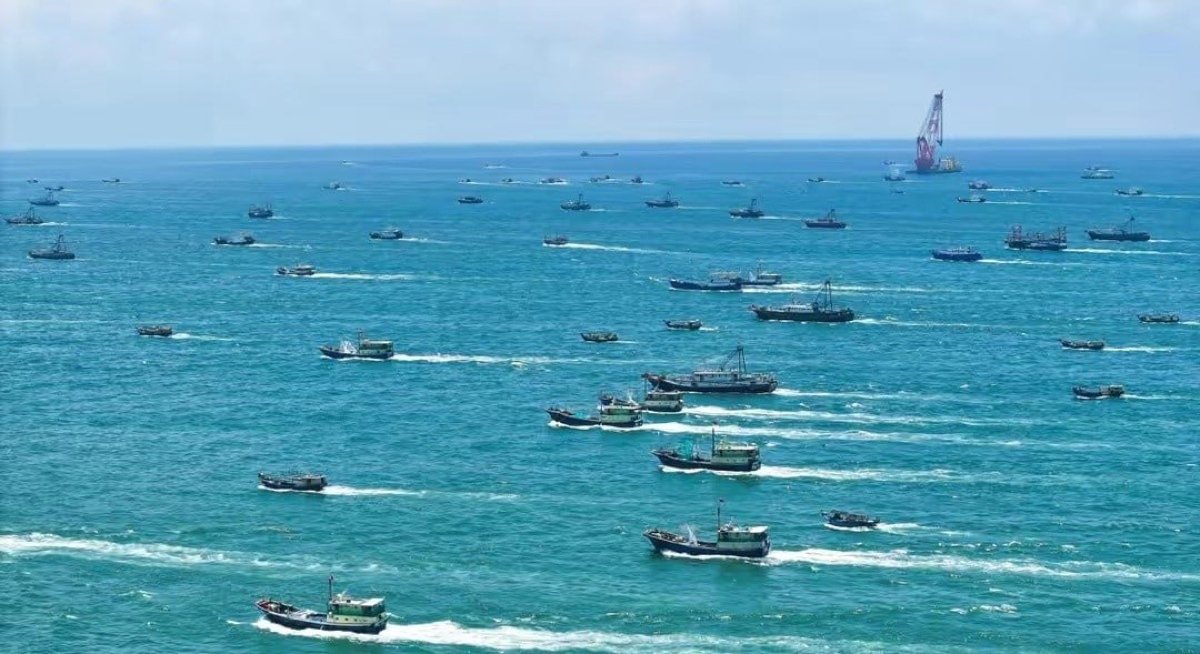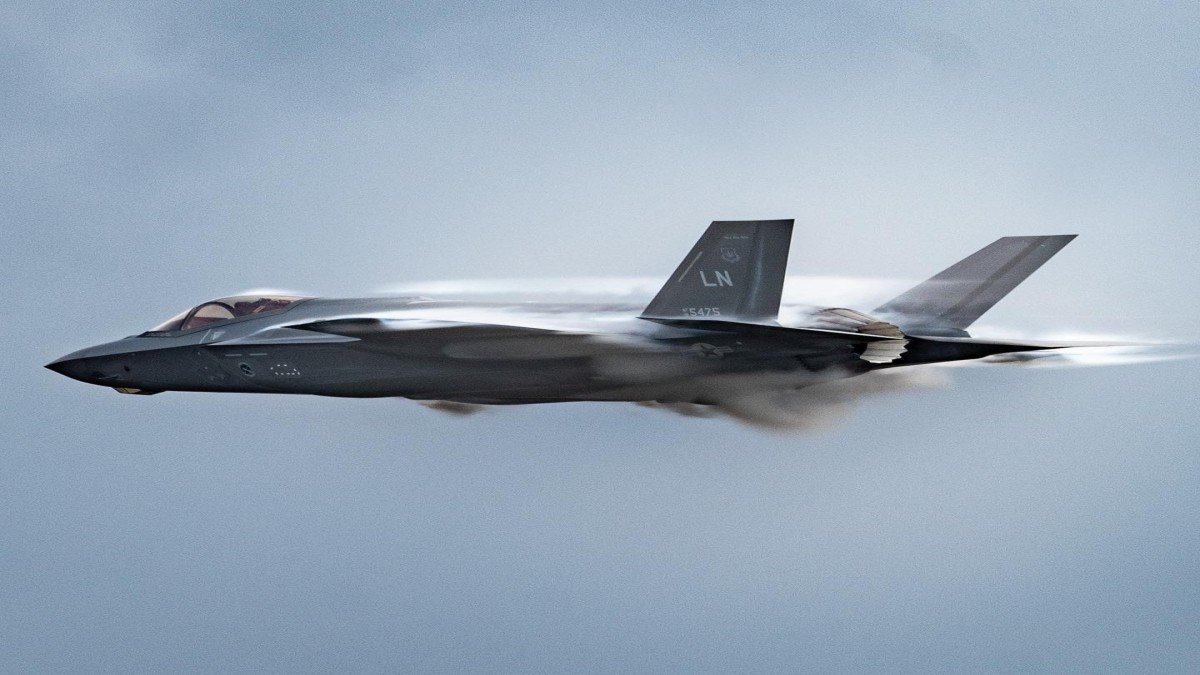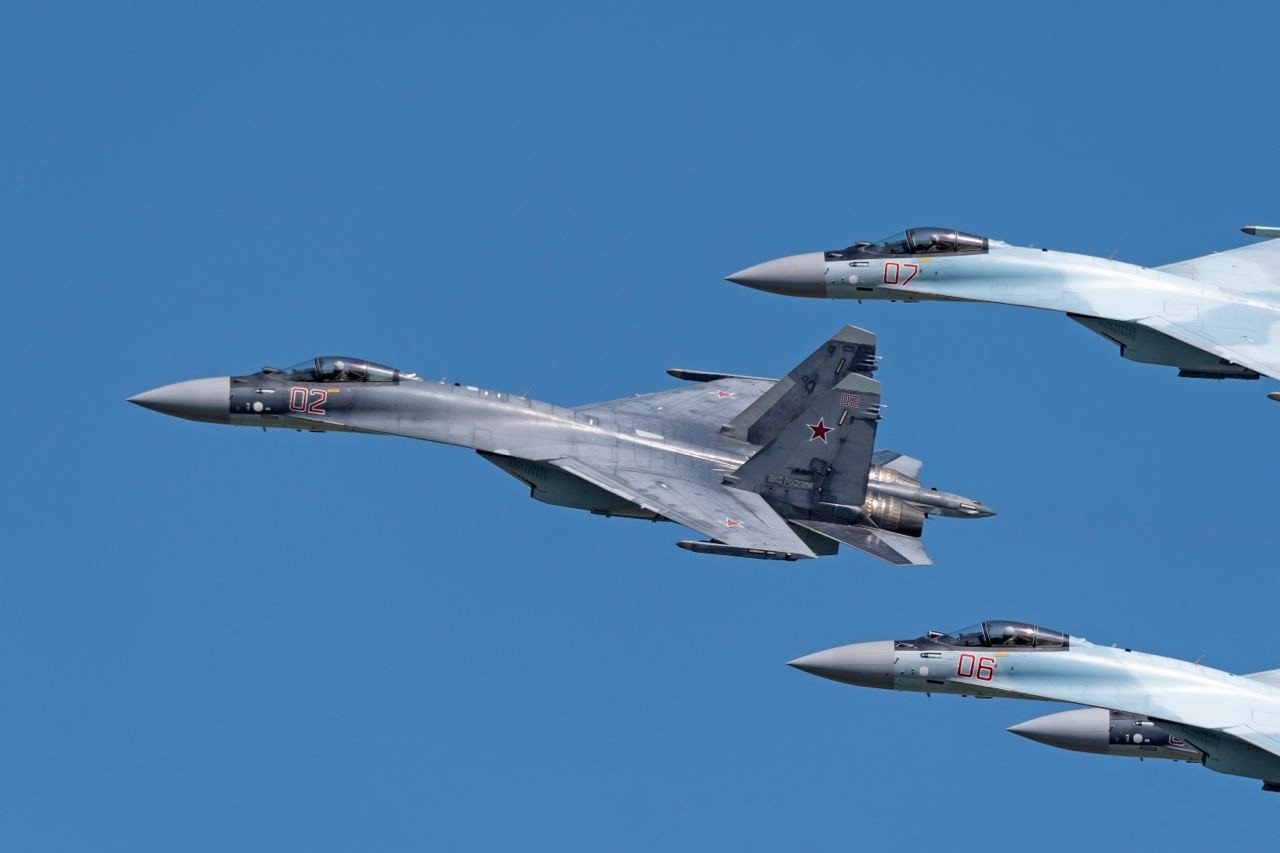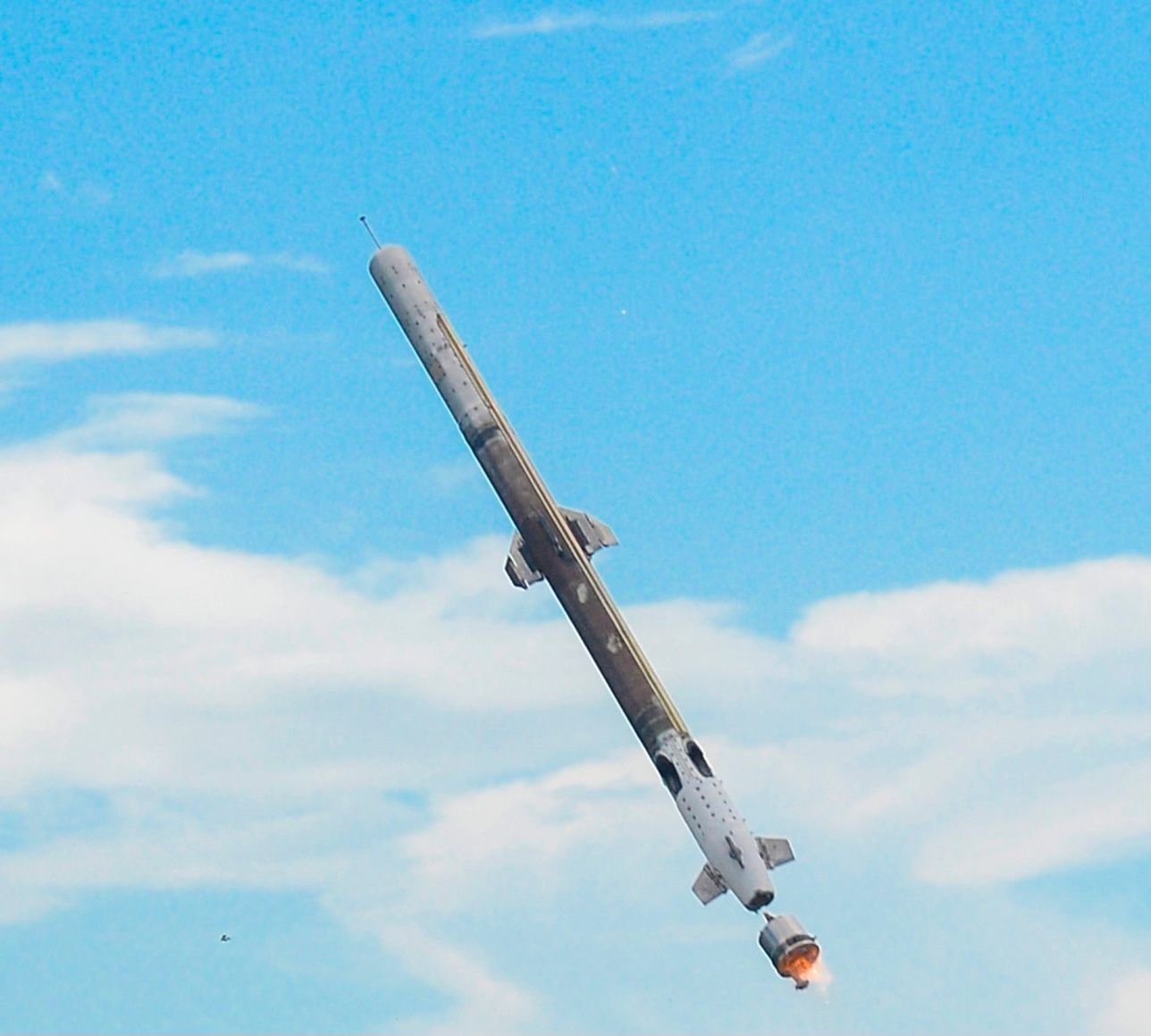OPED By Air Marshal Anil Khosla (R)
Pakistan’s recent air strikes in Afghanistan’s Paktika province have resulted in the deaths of 46 individuals and escalated cross-border tensions, highlighting the ongoing volatility in the region marred by decades of war, terrorism, and economic collapse.
The attack underscores the fragile security situation along the Afghanistan-Pakistan border and the broader geopolitical tensions between the two countries.
The situation is fraught with complexity, involving not only the two neighboring states but also international actors such as the United States and China, apart from the Taliban, which has recently regained control of Afghanistan.
The United States, a key player in the War on Terror, has a vested interest in the stability of the region. China also closely monitors the situation due to its Belt and Road Initiative and significant economic investments in the region.
The Taliban’s resurgence and its relationship with Pakistan further complicates the geopolitical landscape. Understanding the motivations behind these air strikes, the implications for regional security, and the broader geopolitical consequences is essential for assessing the future of Afghanistan-Pakistan relations and the overall stability of the South Asian region.
Historical Context Of Afghan-Pakistani Tensions
The history of Afghan-Pakistani relations, deeply rooted in the colonial past, has been marked by frequent tension, often arising from political, territorial, and security concerns.
The division of Afghanistan and Pakistan following the partition of British India in 1947 created lasting complications, particularly concerning the Durand Line, the controversial border that separates the two nations.
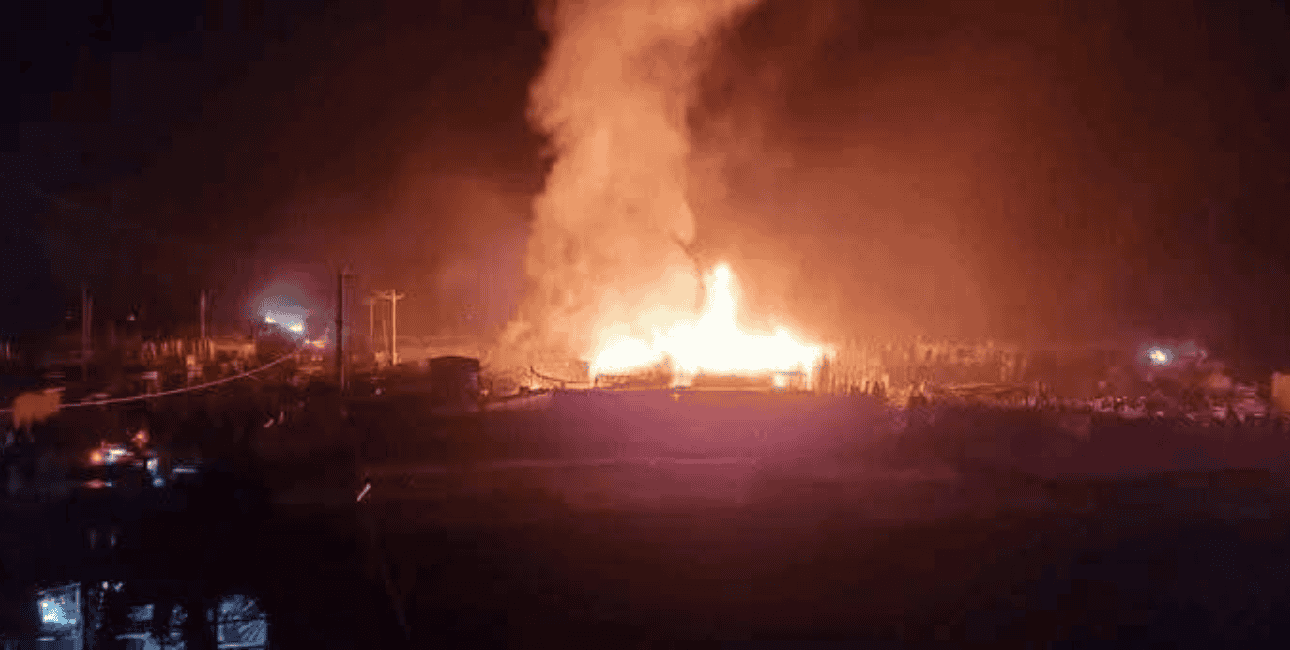
Afghanistan was the only country that refused to recognize this border, leading to disputes that have lingered ever since. These disputes have significantly shaped the region’s geopolitical dynamics and continue influencing contemporary events.
In recent decades, the issue of militancy and cross-border insurgency has exacerbated tensions. Pakistan has been accused of using its territory as a haven for Afghan militants, particularly during the Soviet-Afghan War (1979-1989), when Pakistan supported Afghan mujahideen factions in their fight against Soviet forces.
This support led to the rise of groups such as the Taliban, which took control of Afghanistan in the 1990s and provided a safe haven for terrorist organizations, including al-Qaeda.
The post-9/11 era marked a shift in the relationship between Afghanistan and Pakistan. After the U.S. invasion of Afghanistan in 2001, Pakistan became a crucial ally in the War on Terror.
Still, at the same time, it continued to support certain militant groups as part of its strategy to counter Indian influence in Afghanistan. This double-dealing led to accusations that Pakistan is playing a double game, supporting insurgent groups while pretending to be a partner in counterterrorism efforts.
Boomerang Effect
Pakistan’s Inter-Services Intelligence (ISI) supported the formation of the Taliban in the 1990s, seeing them as a potential ally to ensure a friendly government in Afghanistan, which would provide Pakistan with strategic depth against India.
While the Taliban still maintains some ties with Pakistan, there have been periods of tension. Taliban-linked groups, such as the Tehrik-i-Taliban Pakistan (TTP), have turned against the Pakistani state, conducting attacks within Pakistan. The TTP aims to overthrow the Pakistani government, which has led to significant violence and conflict within Pakistan itself.
Strategic Importance of Paktika Province
Paktika is one of Afghanistan’s eastern provinces, bordering Pakistan’s Khyber Pakhtunkhwa and Balochistan provinces.
This region has been a hotspot for insurgent activity for years, with various militant groups, including the Pakistani Taliban (Tehrik-i-Taliban Pakistan, or TTP), using the rugged terrain to hide from Afghan and Pakistani forces.
The province is strategically important due to its proximity to the Durand Line, making it an ideal location for militants to cross between Afghanistan and Pakistan.
The geography of Paktika also makes it difficult for both the Afghan government and Pakistan to secure the region. The mountainous and forested landscape provides natural cover for insurgents, while the porous border allows for the easy movement of fighters and weapons between the two countries. Over the years, various militant groups have exploited these conditions to launch attacks across the border.
Paktika borders three districts of Pakistan, which include the Zhob district of Balochistan province and two districts of Khyber Pakhtunkhwa province, South Waziristan and North Waziristan. It is worth noting that South Waziristan is the district where an attack on a military post on December 21 this month killed 16 security personnel. Pakistan blamed the attack on militants from across the border.
Earlier in March this year, the Afghan Taliban said that Pakistani aircraft bombed the Paktika and Khost areas within Afghanistan, after which the Pakistani Foreign Office said that terrorists belonging to the Hafiz Gul Bahadur group were targeted.
Pakistani Narrative And Possible Reasons
Pakistan’s air strikes in Afghanistan, particularly in Paktika, are typically framed as responses to cross-border attacks by militants. These strikes are part of Pakistan’s broader counterterrorism strategy, aimed at dismantling militant groups operating in the border region.
Pakistan has long accused Afghanistan of harboring insurgents who use Afghan soil to launch attacks on Pakistani targets, particularly in the tribal areas and Khyber Pakhtunkhwa province. In response, Pakistan has argued that it has the right to conduct air strikes and military operations on Afghan territory to safeguard its national security.
Cross-Border Militancy
The presence of Pakistan-based militant groups in Afghanistan, especially the TTP, is one of the primary reasons for these air strikes. The TTP has been involved in numerous attacks on Pakistani military and civilian targets, leading Pakistan to la
These groups are often blamed for destabilizing the region, and Pakistan’s military views these air strikes as a necessary measure to contain the threat.
Out Of Control Region
Afghanistan’s inability to fully control its territory, particularly in the eastern and southern regions, has been a significant factor in the escalation of violence. The Taliban’s resurgence in Afghanistan following the U.S. withdrawal in 2021 has further exacerbated the situation.
Pakistan perceives the Afghanistan government as incapable of effectively dealing with the cross-border insurgency, legitimizing unilateral military action.
Pakistan’s Desire For Regional Influence
Pakistan’s military and intelligence agencies have long had a strategic interest in maintaining influence over Afghanistan. By launching air strikes, Pakistan aims to retain control over militant groups operating along the border and to prevent any spillover of instability that could undermine its security or its strategic objectives in the region.
Domestic Political Considerations
Pakistan’s military leadership is often under pressure from domestic constituencies, particularly in the Khyber Pakhtunkhwa and Balochistan regions, to take decisive action against militants.
Air strikes in Afghanistan serve as a signal to domestic audiences that Pakistan is committed to protecting its sovereignty and securing its borders while also sending a message to Afghanistan and the international community about Pakistan’s resolve to fight terrorism.
Impact On Afghanistan And Regional Stability
Pakistani air strikes in Afghanistan, especially in Paktika, have had significant implications for both Afghan civilians and the broader regional stability. The loss of civilian lives and the disruption of daily life in the region due to these strikes cannot be overstated.
Civilian Casualties And Displacement
One of the most immediate consequences of air strikes is the toll on Afghan civilians. These strikes, while aimed at militant targets, often result in civilian casualties and the displacement of local populations. This exacerbates the already dire humanitarian situation in Afghanistan, which is dealing with the aftermath of decades of war, economic collapse, and the resurgence of the Taliban.
Sovereignty Concerns
Afghanistan has repeatedly protested Pakistani air strikes, viewing them as violations of its sovereignty. Afghanistan’s government (under both the previous Western-backed administration and the current Taliban regime) has argued that such strikes undermine the principle of territorial integrity and violate international law. The strikes further strain Afghanistan-Pakistan relations, which are already fraught with mistrust and historical grievances.
Afghanistan’s Response
The Taliban’s return to power in Afghanistan in 2021 has added a new dimension to the conflict. While the Taliban has historically maintained close ties with Pakistan, its control over Afghan territory has not led to a reduction in cross-border militancy.
The Taliban’s reluctance or inability to clamp down on Pakistani militants operating from Afghan soil has prompted Pakistan to continue its air strikes. However, this has created a delicate situation where the Taliban must balance its relationship with Pakistan while dealing with growing public discontent over the air strikes.
Enayatullah Khwarazmi, the spokesperson for the Ministry of Defense, stated that Pakistan must realize such arbitrary actions do not solve any problems. According to Khwarazmi, children and civilians were targeted in these attacks.
The spokesperson added: “The Islamic Emirate considers this brutal act a violation of all international principles and an outright aggression and strongly condemns it. The Pakistani side must understand that such arbitrary actions are not a solution to any problem.”
Former President Hamid Karzai called the airstrikes a blatant aggression and a violation of Afghanistan’s sovereignty. A statement released by Hamid Karzai’s office reads: “Hamid Karzai considers the tensions in the relations between the two countries as a result of Pakistan’s flawed policies of promoting extremism in the region and continuously weakening Afghanistan. The former president called the establishment of civilized relations based on good neighborliness and good neighborly relations in the interest of both countries.
Abdullah Abdullah, the former Chairman of the High Council for National Reconciliation, also stated that Pakistan’s airstrikes on Paktika province are a clear violation of Afghanistan’s national sovereignty. The former Chairman of the High Council for National Reconciliation stressed in a statement that the existing problems between the two countries must be resolved through diplomatic means and dialogue based on mutual respect.
Zalmay Khalilzad, the former US Special Representative for Afghanistan Reconciliation, said that Pakistan’s action will not go unanswered by the Islamic Emirate. Khalilzad added that instead of war, the two countries need an agreement to ensure that neither allows terrorism to pose a security threat to the other.
Khalilzad wrote: “Rather than fighting, the two countries need an agreement that specifies that neither will allow its territory to be used by individuals or groups to threaten the security of the other and adhere to it.”
Regional Security And Geopolitical Dynamics
The air strikes also have broader regional implications. Pakistan’s actions are viewed with concern by India, which has long been wary of Pakistan’s influence over Afghanistan and the destabilizing effect of cross-border militancy.
India has consistently accused Pakistan of using Afghan-based militant groups to advance its strategic interests in the region. Furthermore, the involvement of external actors such as the United States, which has interests in Afghanistan and is concerned about Pakistan’s role in the area, complicates the situation.
These air strikes may lead to greater instability in an already volatile region, affecting the prospects for peace and development in both Afghanistan and Pakistan.
Conclusion
Pakistani air strikes in Afghanistan’s Paktika province represent a complex and multifaceted issue in South Asian geopolitics. These strikes are driven by security concerns, political motivations, and strategic interests, with significant implications for Afghanistan’s sovereignty, civilian population, and regional stability.
While Pakistan justifies its actions as a necessary response to cross-border militancy, the long-term consequences of these strikes may not only strain Afghanistan-Pakistan relations further but also exacerbate the instability in the broader region.
- Air Marshal Anil Khosla PVSM, AVSM, VM, is a former Vice Chief of Air Staff (VCAS) of the Indian Air Force and AOC in C of Eastern Air Command.
- VIEWS PERSONAL OF THE AUTHOR
- He tweets at: @AnilKhosla16
